Introduction into Europe's space industry

Europe's Space Ambitions: A Growing Global Presence
The European space industry has steadily evolved from a government-led initiative into a strategic, globally competitive sector. With key institutions such as the European Space Agency (ESA), the EU Space Programme, and thriving commercial ecosystems, Europe now commands a respected share of global aerospace innovation. Space is no longer just about exploration—Europe’s involvement spans critical areas such as satellite communications, Earth observation, and global navigation systems like Galileo. The continent’s collective space efforts reflect both geopolitical ambition and commercial viability.

Institutional Foundations: ESA and Beyond
At the core of Europe’s space governance lies ESA Space Solutions, an intergovernmental organization that coordinates much of the continent's space strategy. With 22 member states and a robust collaborative model, ESA provides scientific leadership, funding opportunities, and technical expertise. Complementing this are national space agencies such as CNES in France, DLR in Germany, and ASI in Italy. Together, they enable Europe to fund ambitious space missions, develop autonomous launch capabilities like Ariane 6, and build resilience in the face of growing geopolitical competition.
Key European companies including Airbus Defence & Space are instrumental in the execution of ESA-led projects, reinforcing Europe's industrial base with cutting-edge aerospace engineering.
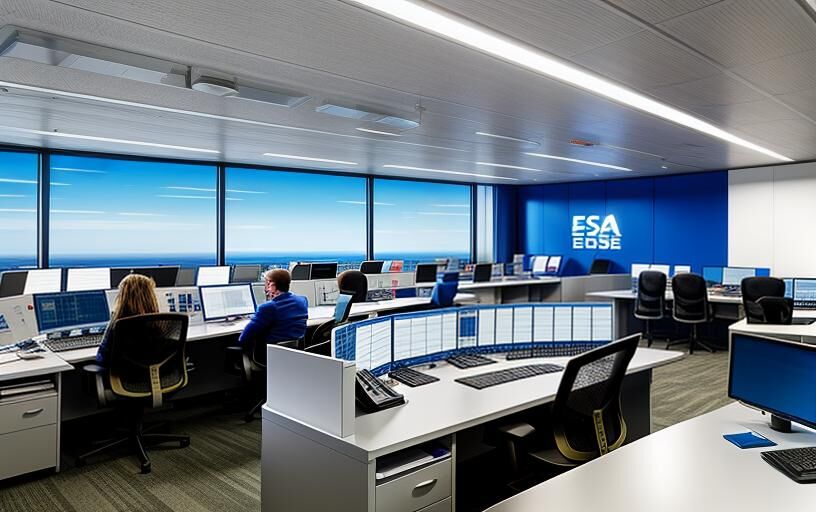
Facing Global Competition: The U.S. and China Factor
Despite its capabilities, Europe’s space industry must navigate intense global competition, particularly from the United States and China. American private sector giants such as SpaceX, Blue Origin, and Amazon Kuiper are setting new standards for cost-efficiency and rapid deployment. Meanwhile, China’s national space programme is progressing at record speed, investing heavily in space stations, Moon missions, and sovereign positioning systems. In this context, Europe must leverage its unique strengths—collaboration, regulatory consistency, and sustainability leadership—to carve out a distinct global role.
To remain competitive, Europe continues funding companies that use space technologies to create commercial products in telecom, navigation, and Earth observation sectors.
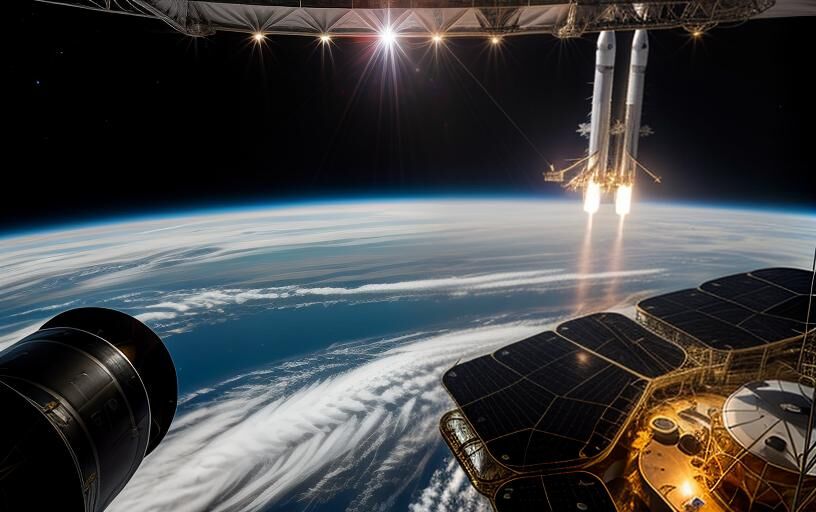
Public and Private Collaboration in the EU
A key differentiator in Europe’s approach to space is its emphasis on public-private partnerships. Initiatives such as ESA BICs (Business Incubation Centres), Horizon Europe, and the European Innovation Council support deep tech startups using space assets for Earth applications. From agri-tech solutions to mobility and secure communication, the cross-sectoral benefits are immense. Startups can access funding, mentorship, and testing environments, allowing them to bring innovative ideas to life in a risk-mitigated setting.
ESA’s strategic goal of funding companies that repurpose space data for social and environmental challenges is central to Europe’s innovation agenda.
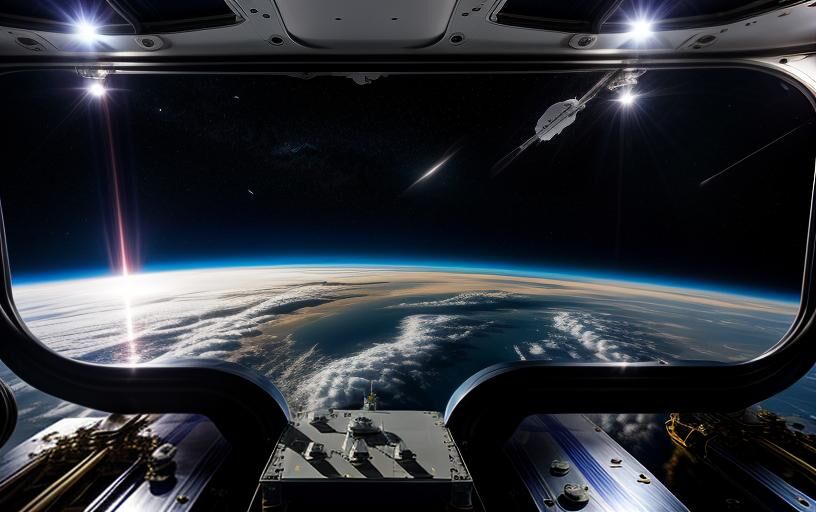
The Strategic Role of Launch Infrastructure
Europe's launch capabilities are pivotal to its sovereignty and strategic independence. With launch sites like the Guiana Space Centre in French Guiana and upcoming developments such as Spaceport Esrange in Sweden, Europe is investing in next-generation infrastructure. The upcoming Ariane 6 rocket and Vega-C are expected to improve flexibility and cost-effectiveness, enabling both institutional and commercial payloads to reach orbit. These capabilities are critical for safeguarding Europe’s future role in Earth observation, global communication, and planetary science.
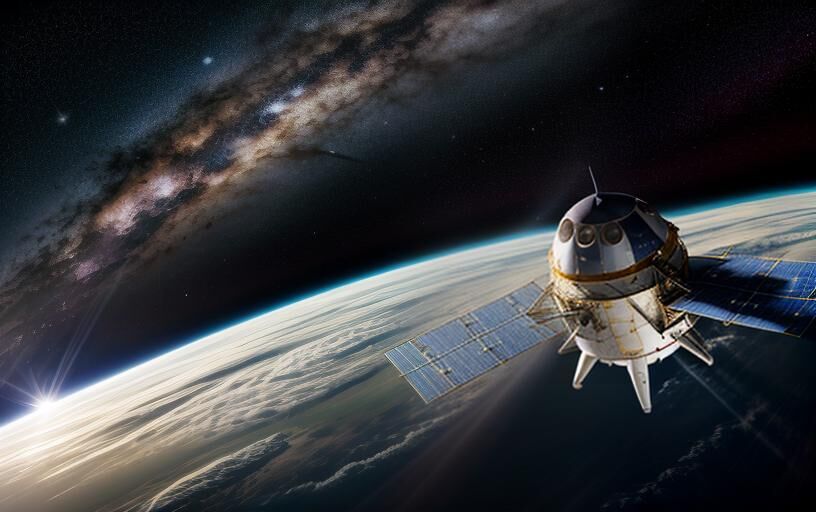
Space Sustainability and the Green Deal
Sustainability is a central tenet of Europe's space strategy. Through initiatives such as the EU Green Deal and Clean Space programme, Europe is leading efforts to mitigate space debris, develop reusable launch systems, and promote green propulsion technologies. Earth observation missions like Copernicus play a crucial role in monitoring environmental change, offering data-driven insights for climate action. These missions demonstrate how Europe’s space industry aligns economic growth with planetary stewardship.
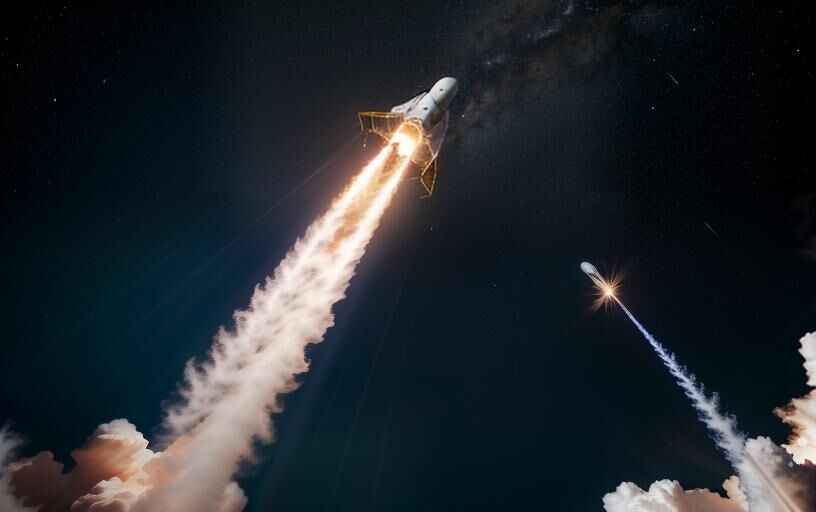
Looking Ahead: Autonomy, Resilience, and Innovation
Europe’s future in space lies in strengthening its autonomy while embracing global collaboration. Strategic projects like IRIS² (Infrastructure for Resilience, Interconnectivity and Security by Satellite) aim to secure critical infrastructure through sovereign satellite constellations. Meanwhile, investments in AI-driven satellite data, quantum communication, and lunar exploration are paving the way for next-generation applications. As the geopolitical and commercial landscape evolves, Europe must act boldly to maintain its technological edge and policy leadership in space.
Through ESA Space Solutions and collaboration with key industry players such as Airbus Defence & Space, Europe is actively shaping a resilient and competitive future in space innovation.

